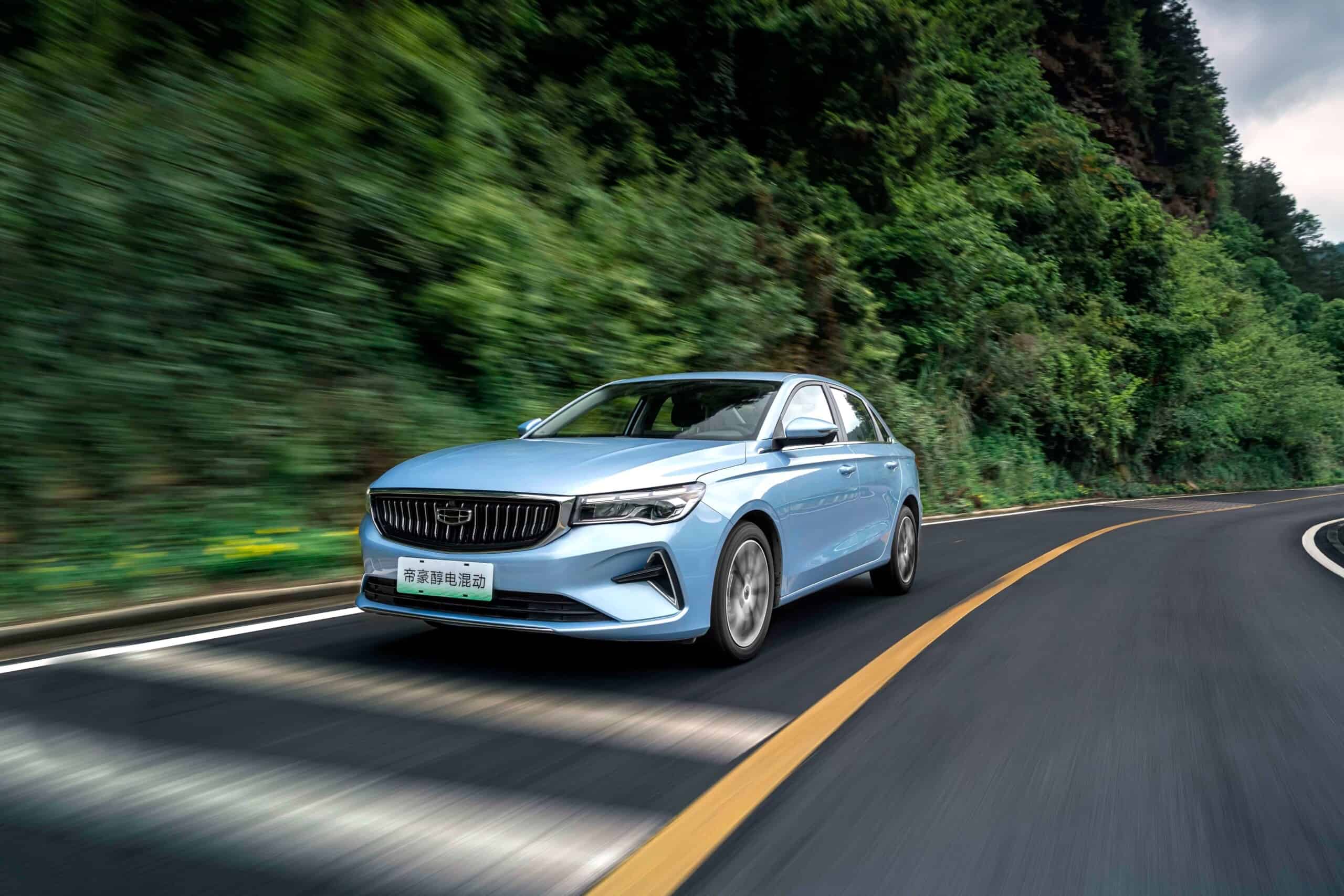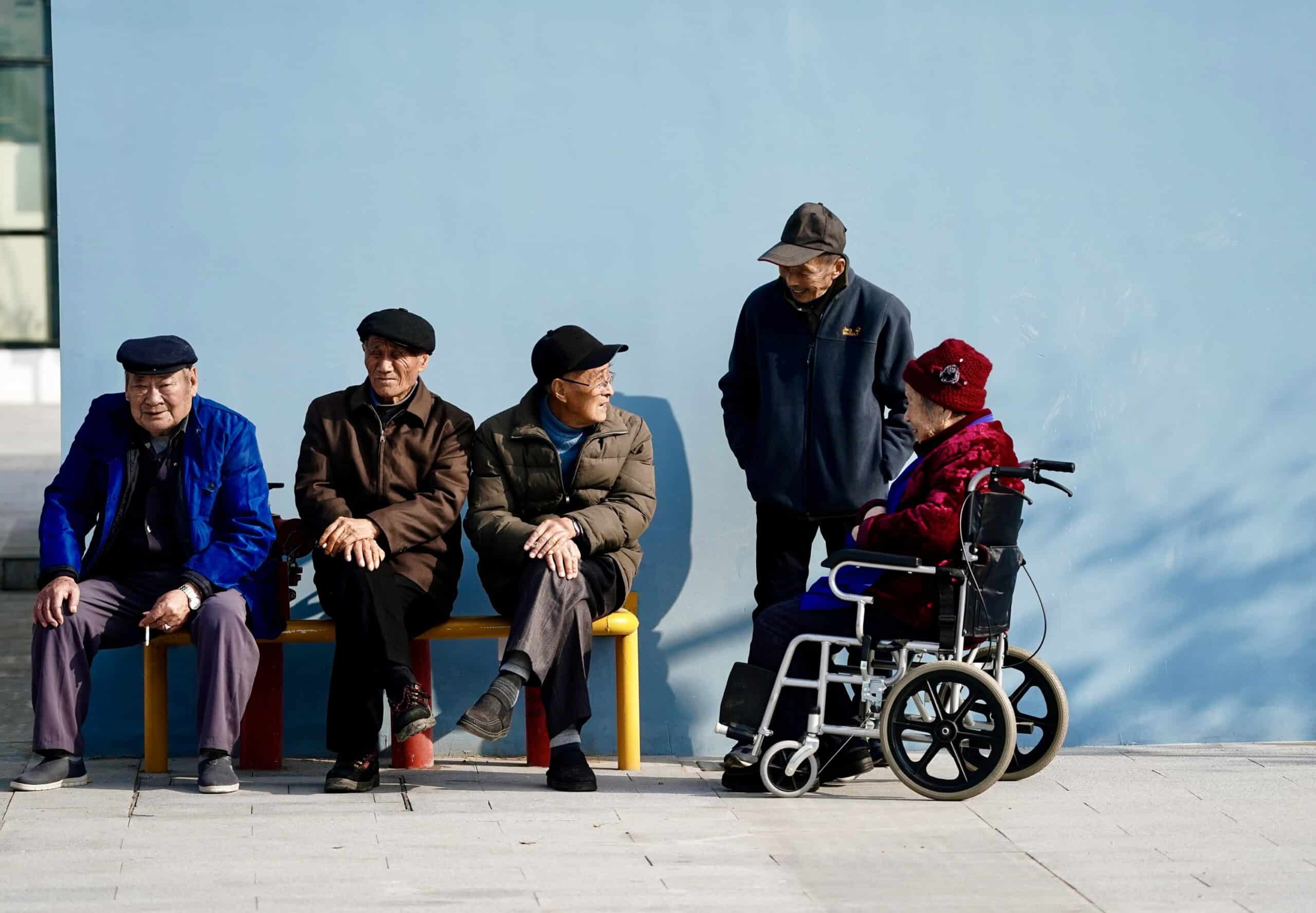
Back in 1984, the story of a Beijing chicken farmer saving up to buy a Toyota car shot to prominence in the Chinese media as a leading example of the country’s growing prosperity. The family at the center of the story may not have been the peasants they were presented as — its patriarch was in fact a senior government official — but the message was clear: Vehicle ownership was a symbol of success in the new China.
Fast forward 40 years, and China is reaching a milestone of a different magnitude. In the first half of 2023, China overtook Japan as the world’s largest automotive exporter, just one year after speeding into second place by displacing Germany. China’s top auto companies, including those specializing in electric vehicles, now have their sights set on expanding further into Europe.
“It’s manifest destiny that China will surpass Japan, because Japan’s trend is down and China’s trend is up,” says Bill Russo, founder and CEO of Automobility, a Shanghai-based auto consultancy. Russo attributes Chinese automakers’ growing prominence as exporters not to the global ambitions of EV manufacturers, but to overcapacity at home.
“The pressure to export is borne out of the weakness in the domestic market. The ICE market is not growing, it’s shrinking,” Russo adds, referring to vehicles that use an internal combustion engine rather than an EV battery. “That’s creating the condition that’s driving the exports.”
This week, The Wire traces the path that China’s auto industry took to becoming a leading exporter and outlines the opportunities and challenges in different markets.


Aaron Mc Nicholas is a journalist based in Washington DC. He was previously based in Hong Kong, where he worked at Bloomberg and at Storyful, a news agency dedicated to verifying newsworthy social media content. He earned a Master of Arts in Asian Studies at Georgetown University and a Bachelor of Arts in Journalism from Dublin City University in Ireland.



